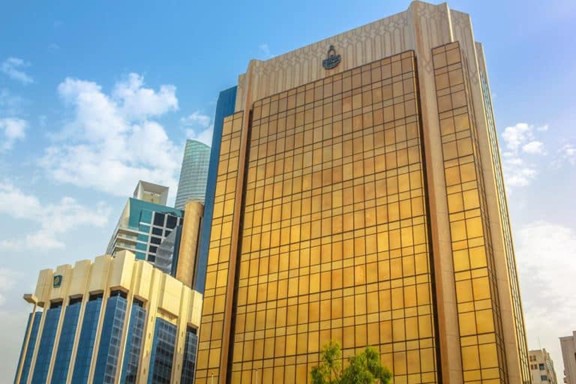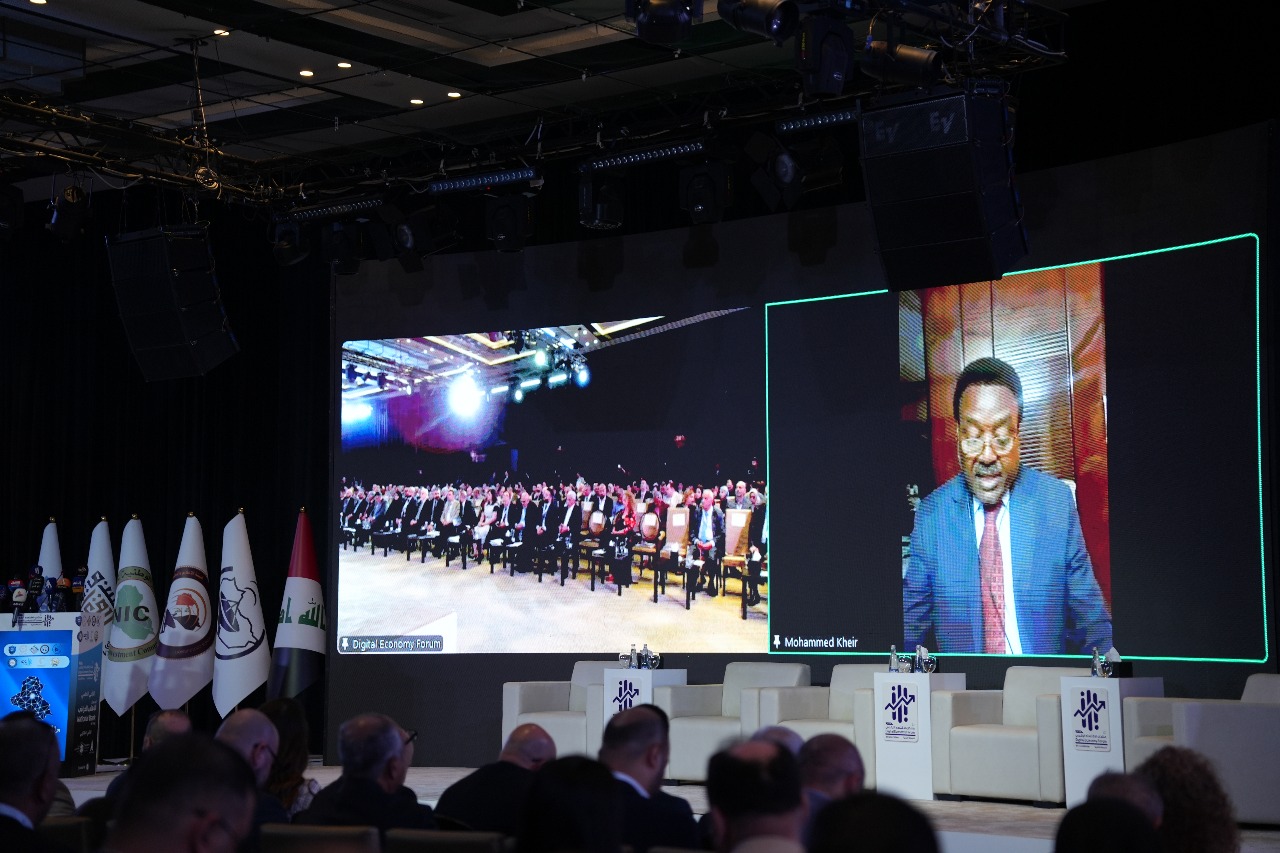Date: May 24, 2025
Cairo
Source: Al-Wafd Newspaper
Prof. Dr. Ali Mohammed Al-Khouri
Arab economies, like many economies around the world, face significant challenges in light of rapid global economic changes. These challenges have become more complex with the successive crises facing the International Monetary Fund (IMF), a pivotal player in supporting and stabilizing these economies. Despite the importance of the IMF’s role in supporting developing countries, Arab countries’ experience with the Fund has multiple dimensions. Many IMF reports point to some of the issues it faces, such as corruption and bureaucracy, but it often does not give these issues the same importance it gives to other issues.
Among the most prominent of these issues are the IMF’s repeated calls to reduce the size of the workforce in the public and government sectors. Despite these calls, the Fund does not come close to addressing other issues related to the waste and misuse of resources in projects that may not be appropriate for the economic conditions of these countries. Government projects are often economically unfeasible, exacerbating the burden on Arab economies rather than contributing to their growth.
In this context, the issue of public debt sustainability in many Arab countries is highlighted. This issue was recently highlighted by International Monetary Fund Managing Director Kristalina Georgieva, who noted that some Arab countries’ debt has reached record levels exceeding 90% of GDP. However, talk of debt sustainability merely gives countries a green light to expand borrowing, which could encourage governments to expand public debt irrationally. The IMF should have paid greater attention to holding these countries accountable for how loans are used and the transparency with which they are handled.
The experience of Arab countries with the IMF shows that these programs often lead to further economic complications. Countries such as Jordan, Morocco, Mauritania, and Yemen, for example, rarely exit one program with the IMF before entering another to obtain additional loans. Despite these successive programs, these countries have not achieved tangible progress in resolving their economic problems. In Morocco, for example, the government has submitted a new request to the International Monetary Fund (IMF) for $5 billion in financing, and may soon follow with another request. This raises questions about the effectiveness of these policies in providing real solutions to the ongoing economic crises.
Fluctuating oil prices are also a major reason for the weakness of the region’s economies, as many of these economies rely heavily on oil revenues. Any drop in oil prices directly impacts economic growth, exacerbating balance of payments problems. This was the case during the COVID-19 pandemic, which significantly impacted global demand for oil and tourism, two of the main sources of revenue for many Arab countries.
Despite the ongoing crises facing the Arab region, including wars and economic and political conflicts, the role of the IMF in supporting these countries’ economies cannot be ignored through lending programs aimed at helping them overcome their crises. Through these programs, the Fund provides technical advice and helps build the capacity of economic institutions to support sustainable growth in Arab countries. However, the IMF faces significant challenges, including difficulty in providing the necessary funding for these programs, in addition to the stringent economic conditions that may be unacceptable to some Arab countries, which could delay the implementation of reforms.
The heavy reliance of some Arab countries on the IMF raises concerns about the loss of political and economic sovereignty. Therefore, it has become imperative for Arab countries to diversify their sources of income, move away from total dependence on oil, and implement profound structural reforms to enhance their economic competitiveness. In this context, regional cooperation among Arab countries can be a cornerstone for promoting economic integration and solving the common problems facing the region. Arab countries should focus on building strategic partnerships with other international financial institutions and central banks to secure the necessary financial support for development projects.
In conclusion, despite the significant challenges facing Arab economies in light of the global economic crises and the IMF crisis, there are real opportunities for achieving sustainable and inclusive economic growth. Serious steps toward diversifying economies and implementing the necessary structural reforms are required to overcome these crises and move toward a more stable and prosperous future.











